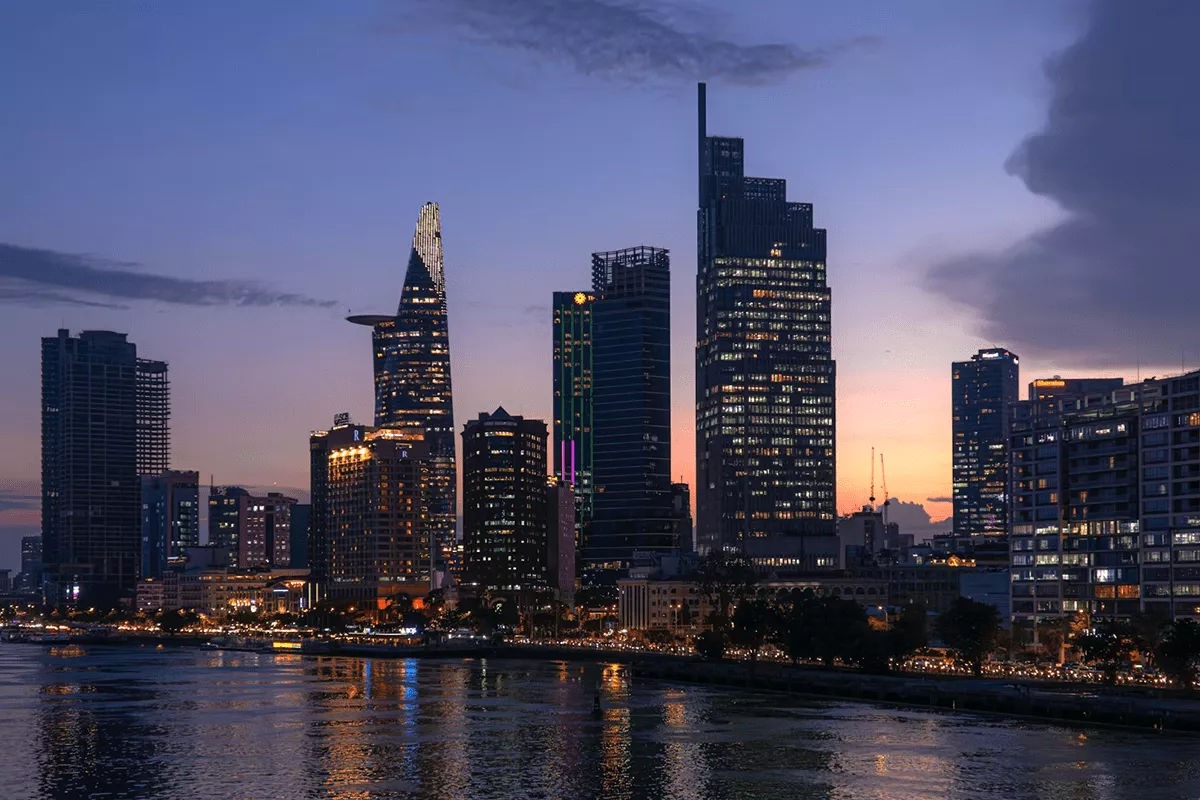In times of economic hardship, it is human nature to explore other avenues to improve our financial situation. Hard work, extra shifts, a sideline; these are all the usual courses of action we take to earn a higher income. And then there are the unconventional routes where your chances of making money are left purely at the proverbial luck of the draw.
If there were a business that was recession-proof it would be as a PCSO Lotto Agent in the Philippines.
I first came across lotto in the mid-1990’s. My Dad and I were managing our ship staffing company in Manila. On certain days of the week, Dad would make it a point to pass by Harrison Plaza after lunch. He would visit one of the two lotto outlets; usually the one with a shorter queue. The lines would get extraordinarily long when the prize money was much higher.
One afternoon, it took Dad almost an hour to get his lotto ticket validated. Back in the office, I asked him what the point of playing lotto was when it was nothing but a game of chance. There is no computer program or system available that can accurately determine the numbers to be drawn.
For me, lotto was gambling. If you have no system and a basis for placing your numbers, you are merely placing bets. It’s no different than playing the tables or slots at the casino.
Dad said, “You spend 60 Pesos for the opportunity to win millions. Why not take a chance?”
A low risk, high reward gamble
When he put it that way, lotto seemed like a low risk, high reward gamble. And this was coming from Dad, who put off exchanging US Dollars even if the rate was near overbought levels; hoping for a few centavos more. So he gave me a ticket and asked me to fill it out.
Apparently, I never won the lottery. Otherwise, I wouldn’t be working anymore! The most I won was 500 Pesos.
I remember the anticipation whenever the numbers were drawn on TV; and the disappointment that came after. As a participant, I finally understood why Filipinos loved to play lotto.
Lotto gives them hope. And at a time of financial depression, everyone needs a sliver of hope to get them by.
While I don’t play lotto anymore, for awhile, I thought of becoming a PCSO Lotto Agent in the Philippines. I did a study back in 2009 and even secured the application forms from PCSO.
Updated Cost of Setting Up a Lotto Outlet
- Installation Fee- 10,000 Pesos; paid to the telecommunications carrier
- Processing Fee- 1,700 Pesos; payable to PCSO
- Cash Bond- 500,000; earns interest annually or
- Surety Bond- 5,995.37 Pesos; to be renewed annually
When you become a Lotto Agent, PCSO pays for the following:
- Rental for the terminal
- Telecom fees
- Applicable service fees
- Lotto tickets
- Thermal rolls
I’ve come across online articles on how to become a PCSO Lotto agent in the Philippines and many describe the arrangement as a franchisee.
To be very clear, PCSO Lotto is NOT a franchise. As a PCSO Lotto Agent, you are given the right to operate an outlet. There is no franchise fee paid to PCSO. Congress awarded PCSO the franchise to operate lotto which in turn gave agents the right to sell lotto.
The location is crucial to becoming a successful PCSO Lotto Agent in the Philippines. Your proposed area must experience high-traffic with foot and transportation. PCSO has established quotas per region.
If you are operating a lotto outlet in the NCR, your sales quota is 300,000 to 600,000 Pesos a month for the first half of the year. A PCSO Lotto Agent earns 5% commission on sales. Thus, if you sell 500,000 Pesos worth of lotto tickets, your total commission for the month would be 25,000 Pesos.
As a proprietor of a lotto business, your success also lies in numbers!
You should generate a consistently high volume of sales to increase the amount of commissions you earn every month.
Fast forward seven years later and I still believe becoming a PCSO Lotto Agent in the Philippines is a viable business idea.
I rarely come across a lotto outlet without long queues. If you pass through West Service Road in Muntinlupa, there are times when traffic gets stalled because people park their cars along the lotto outlet to place their bets. I’ve seen people brave harsh rain and flooding just to play lotto.
It seems that Filipinos hedge their welfare on a game of pure chance; hoping that one lucky draw would change their lives for the better. I would not be surprised if an inverse relationship exists between lotto prize money and the economy. If I am correct, then I should fill out those lotto agent application forms!
The Philippines is following the same growth trajectory as the BRIC nations or Brazil, Russia, India, and China: fast economic growth combined with significant income disparity between the rich and the poor.
I never bought into all the pronouncements of the Aquino administration that the Philippines’ economy grew by leaps and bounds during his term. The Philippines is following the same growth trajectory as the BRIC nations or Brazil, Russia, India, and China: fast economic growth combined with great income disparity between the rich and the poor.
70% of our GDP was generated by 40 of the wealthiest families in the Philippines. These are the so-called oligarchs. The protectionist policies cultivated by past administrations will only continue to benefit the rich and discriminate the poor.
The Duterte administration’s pronouncement of deregulating key industries such as telecommunications is a promising sign that President Duterte wants the oligarchs dismantled. I can only hope that President Duterte opens up public utilities as well.
Thus, until such time that there is parity in business policy, and the oligarchs are held in check, the poor will continue to get poorer. And more people will find themselves playing lotto.
So if you want to become a PCSO Lotto Agent in the Philippines, the time is now and here is how you go about it.
How to Become a PCSO Lotto Agent
- If you are at least 21 years old, you can apply as a PCSO Lotto Agent in the Philippines. You have to submit the following to PCSO:
- Letter of Intent (LOI)
- Location map of proposed location
- Photos of proposed location
- PCSO will schedule an inspection of your proposed site. It must meet the following criteria:
- High volume of foot traffic
- Not prone to traffic
- Good telecommunication facilities
- At least 100 meters away from schools, churches and other lotto outlets
- At least 5 meters away from pawn shops
- Applicant must construct the lotto booth according to the requirements of PCSO. Requirements include floor area and color. Once the lotto booth has been approved, PCSO will proceed to install the terminal.
- Applicant pays the processing and installation fees while the surety bond is paid to a PCSO-accredited insurance company.
- You will be scheduled for a one-day training seminar by the PCSO. The training will cover the following:
- Basic operations
- Validation and selling of tickets
- Fraud prevention
- Proceed to the main office of PCSO located at Mandaluyong City to secure your outlet provisions. If you are outside NCR, you have to be qualified by the PCSO’s respective provincial district offices.
- Once these are all done, you can sign the contract with PCSO.
- PCSO will advise you if your terminal has been activated online.
It may seem like an easy business to apply for. But according to PCSO, only 5 to 7 applicants are approved every week. It all comes down to your location.
Finding a good location that meets the standards of the PCSO will be your biggest challenge. Most of the ideal locations already have lotto outlets.
But if you can secure such a location and get approved as a PCSO Lotto Agent in the Philippines, you will become a proprietor of a business that may provide you stability during times of economic turbulence.
Ricky Sare is a writer, an entrepreneur, and a member of Tycoon Philippines editorial team. He is also the owner of Benchmark Global Management Solutions, Inc., a BPO company located at Makati.





